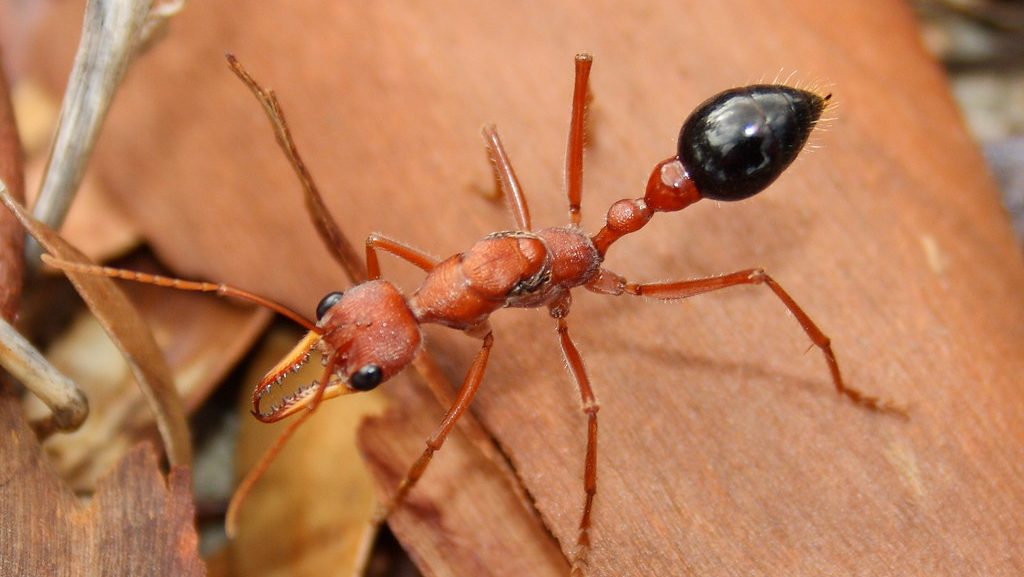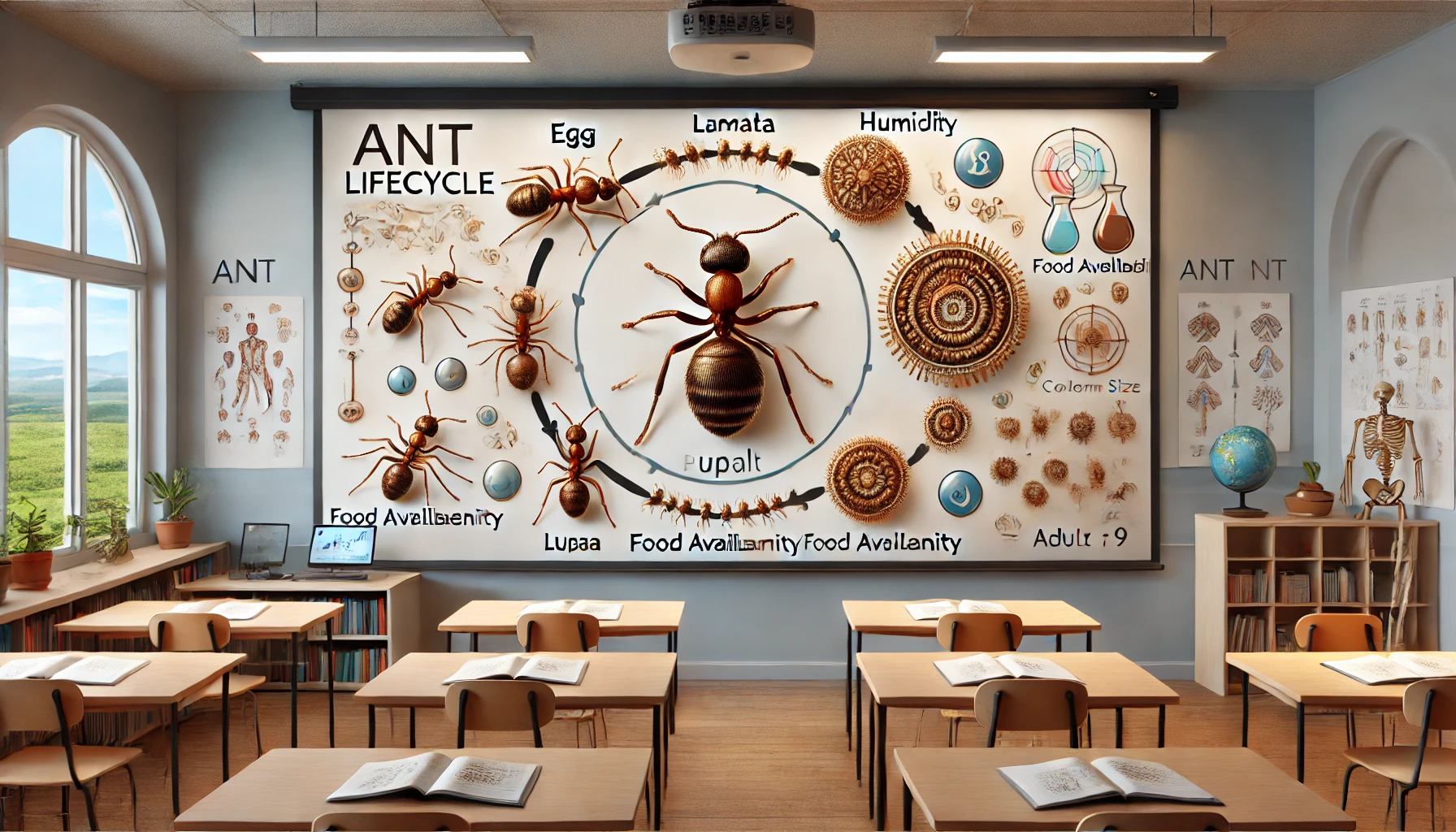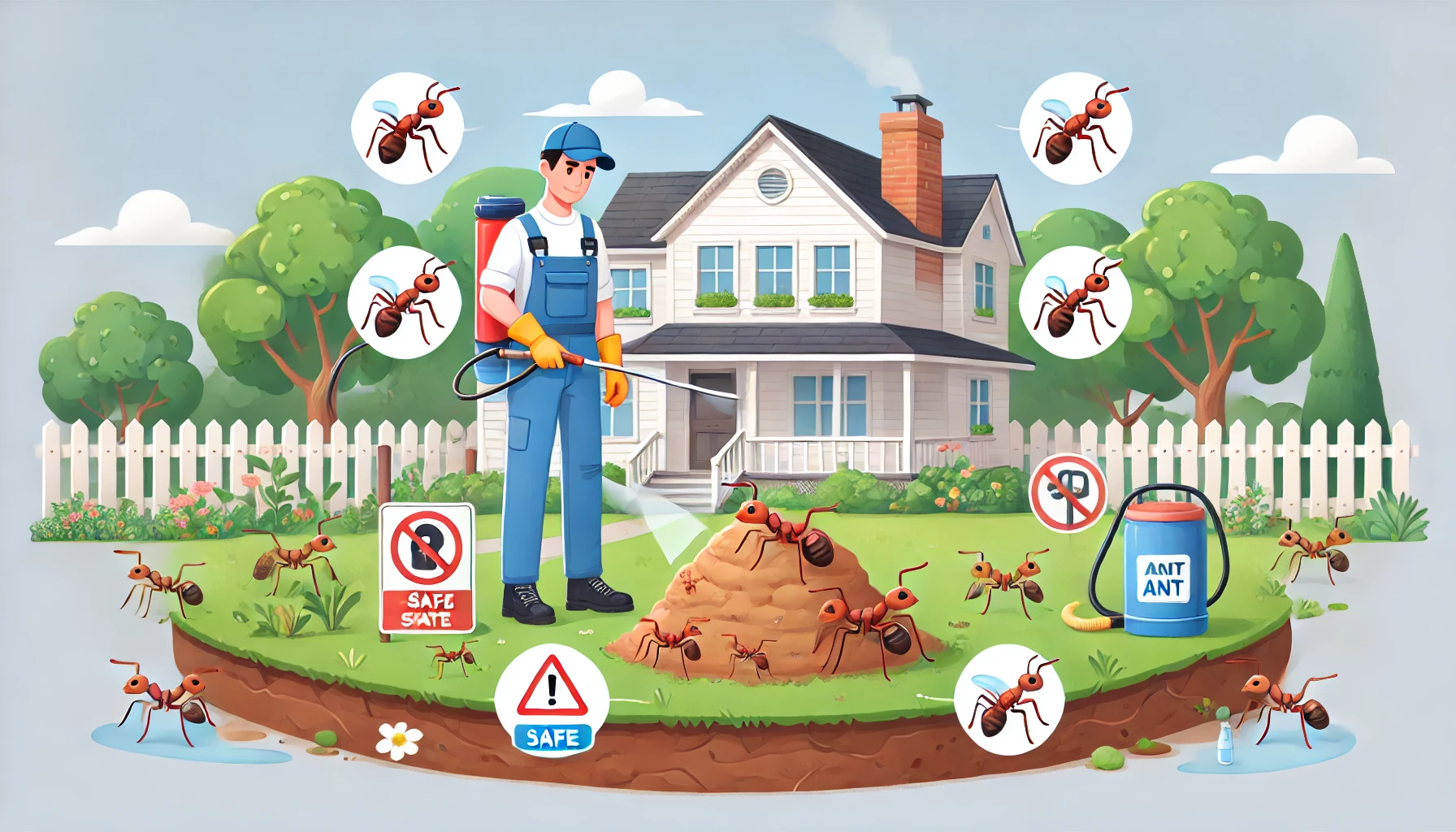Key Takeaways
- Ant lifespans vary by caste—queens live longest.
- Lifespan is influenced by species and environment.
- Ants go through egg, larva, pupa, and adult stages.
 Ants are fascinating creatures with lifespans that vary depending on their species, role in the colony, and environmental factors. From worker ants tirelessly supporting the colony to queens that can live for decades, understanding how long ants live provides a deeper insight into their behavior and colony dynamics.
In this article, we’ll explore how long ants live, the factors that influence their lifespan, and their life cycle.
Ants are fascinating creatures with lifespans that vary depending on their species, role in the colony, and environmental factors. From worker ants tirelessly supporting the colony to queens that can live for decades, understanding how long ants live provides a deeper insight into their behavior and colony dynamics.
In this article, we’ll explore how long ants live, the factors that influence their lifespan, and their life cycle.


Not getting a solution?
Get your free pest control estimate today!Ant Lifecycle
Ants go through several stages in their lifecycle, including egg, larva, pupa, and adult. Species and environmental conditions may affect the duration of each stage.Life Cycle of Ants
-
Egg Stage: The queen lays eggs, which hatch into larvae in 1–2 weeks, depending on the species.
-
Larva Stage: Larvae grow rapidly under the care of worker ants, a process that lasts several weeks.
-
Pupa Stage: Ants transform into their adult form in 1–2 weeks, influenced by temperature and humidity.
-
Adult Stage: Lifespans vary by caste—queens live decades, workers months, and male drones weeks.

Factors Influencing Ant Lifespan
Several factors determine an ant’s lifespan. From their species and role within the colony to the environmental conditions they face, each element plays a crucial part in influencing an ant’s lifespan. Let’s take a closer look at what affects how long ants live. Species Different species of ants have varying lifespans. Fire ants may live for a few months, while carpenter ants can live up to seven years. Environment Environmental conditions play a crucial role in ant longevity. Several factors, such as temperature, humidity, and the presence of predators, can affect their lifespan. Role in the Colony The role of the ant within the colony significantly impacts its lifespan. Queens live the longest due to their protected status and crucial role in reproduction, while male ants have the shortest lifespan. Colony Dynamics The health of the entire colony affects the lifespan of individual ants. A well-established colony with abundant resources allows worker ants to live longer and remain more productive. Predators and Threats Ants face threats from natural predators like birds and spiders, which shorten their survival in the wild. Human activities, including pest control measures, also play a key role in limiting ant populations and lifespans.Myths About Ant Lifespan
Several common misconceptions exist about how long ants live and what affects their lifespan. Let’s address a few myths and the real facts behind them:| Myth | Fact |
|---|---|
| All ants live for the same amount of time. | Ant lifespan varies depending on their colony role. Queens live up to 30 years, workers last 1-3 years, and males only a few weeks. |
| Worker ants live longer than queen ants. | Queens have the longest lifespan in the colony, up to 30 years, while workers typically survive 1-3 years. |
| Male ants have the same lifespan as worker ants. | Male ants usually only live a few weeks, as their primary purpose is to mate with the queen and then die. |
| Ants can live indefinitely if conditions are perfect. | Ants have a finite lifespan determined by species, role, and environment. Even in ideal conditions, they eventually die. |
| All ants die shortly after reaching adulthood. | While male ants die after mating, worker ants can live for months or years, and queens can live for decades, continuing to lay eggs. |






